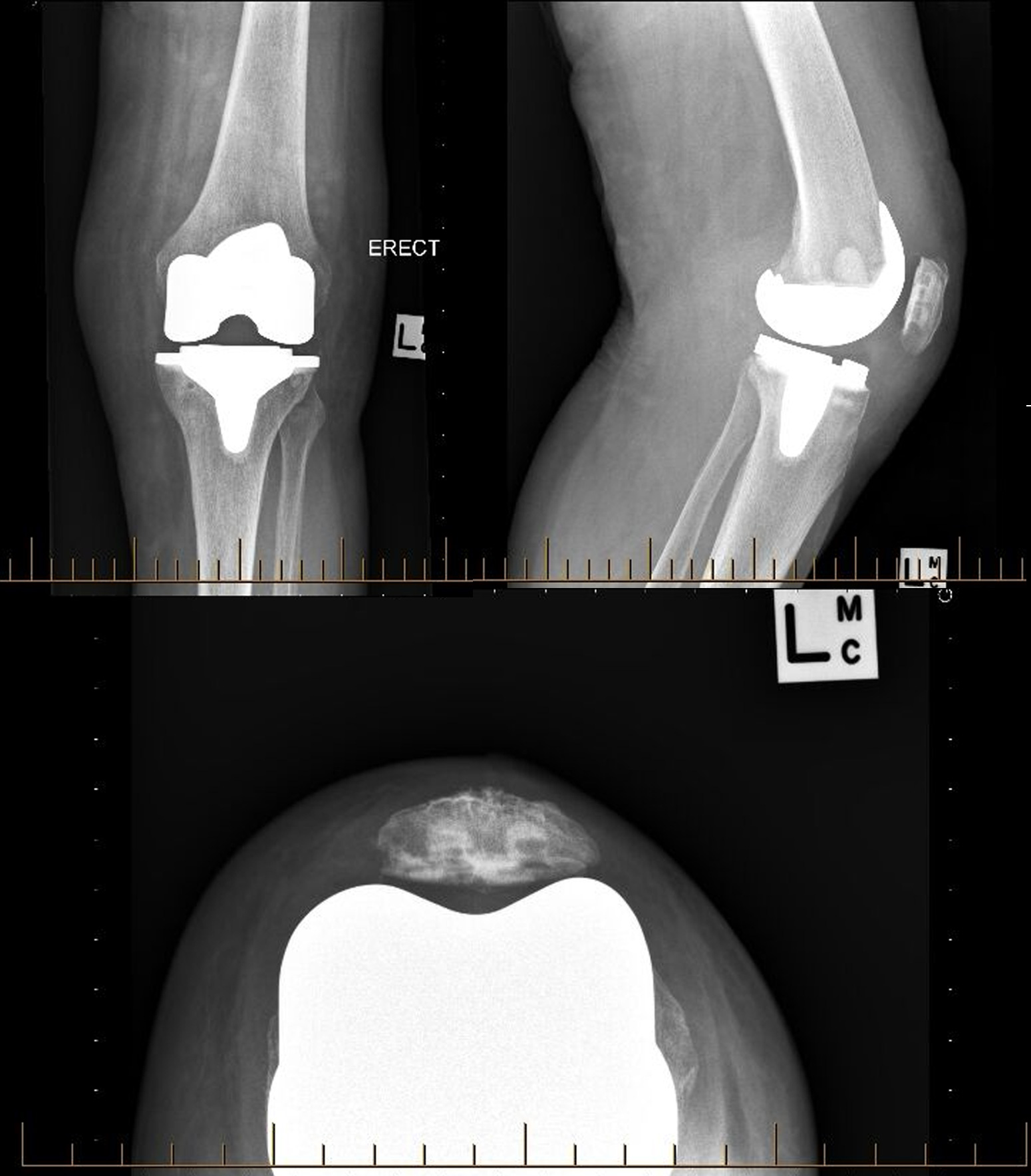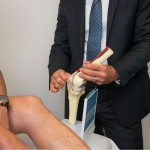Conditions / Knee / Adults
Knee Replacement Surgeon In Parramatta And Throughout Sydney

About one in four patients over the age of 65 has a form of arthritis. Arthritis is where the articular cartilage, which is usually smooth, has been damaged, thereby exposing the underlying bone.
This results in the patient weight bearing on bony surfacing rather than smooth articular cartilage, leading to pain, stiffness and swelling. Surgical replacement of the knee has a high success rate in relieving pain and restoring mobility. We as surgeons now know from studies that knee replacement implants have a 95 per cent success rate at 10 to 15 years. Some implants have lasted more than 25 years.
Causes of arthritis and other knee conditions
There are many causes of arthritis, the most common being Osteoarthritis – otherwise known as wear and tear arthritis. There are also other forms of arthritis that may be inflammatory, such as rheumatoid arthritis. Other forms include traumatic arthritis following a fracture or ligament injury at a younger age. Regardless of the cause, arthritis destroys the cartilage covering the ends of bone. The normal smooth articular surface becomes rough and uneven, resulting in stiffness, swelling and pain. The knee is the largest joint in the body and carries almost half of your body weight. It is commonly prone to such degeneration.
The decision to have knee replacement surgery is based on a number of factors, including the clinical examination and presentation as well as X-rays. Ultimately, it is a procedure known for its pain relief and improved mobility. Therefore, the decision to have surgery lies with the patient; a knee replacement is when the patient is sufficiently disabled and their quality of life is affected as such that they can no longer function normally.
A knee replacement is a major surgical procedure that removes the damaged cartilage and replaces the end of the bone with a metal implant. In between the two metal implants is a highly resistant plastic forming an articulation between the metal and plastic. As the bone ends are no longer in contact, this will eliminate the patient’s pain.
What is the recovery time?
Recovery after knee replacement surgery requires lengthy rehabilitation. Initially, the patient spends approximately five days in an acute care hospital followed by a week or two in rehabilitation. It is approximately six weeks before the patient ceases walking aids, regains range of motion and is walking freely. Driving usually recommences at the six-week mark. It may be up to six months before the patient feels close to normal again, or has reaped the benefits of the surgery. In the immediate post-operative period, the patient is allowed to get up the next day with the help of a physiotherapist, and allowed to weight bear as tolerated from day-one. Use of regular analgesia is required in the first week.
In summary, a knee replacement is a major operation that can have great success in reliving the patient’s pain and improving their mobility. It is used to treat many forms of arthritis of the knee. The knee is particularly prone to arthritis as it is a weight bearing joint which carries the load when we walk.
Contact Dr Louis Shidiak’s team in Parramatta or any of our other clinics throughout Sydney to discuss the surgery that is suitable for you. We also offer hip surgery and treatment for sports injuries.


